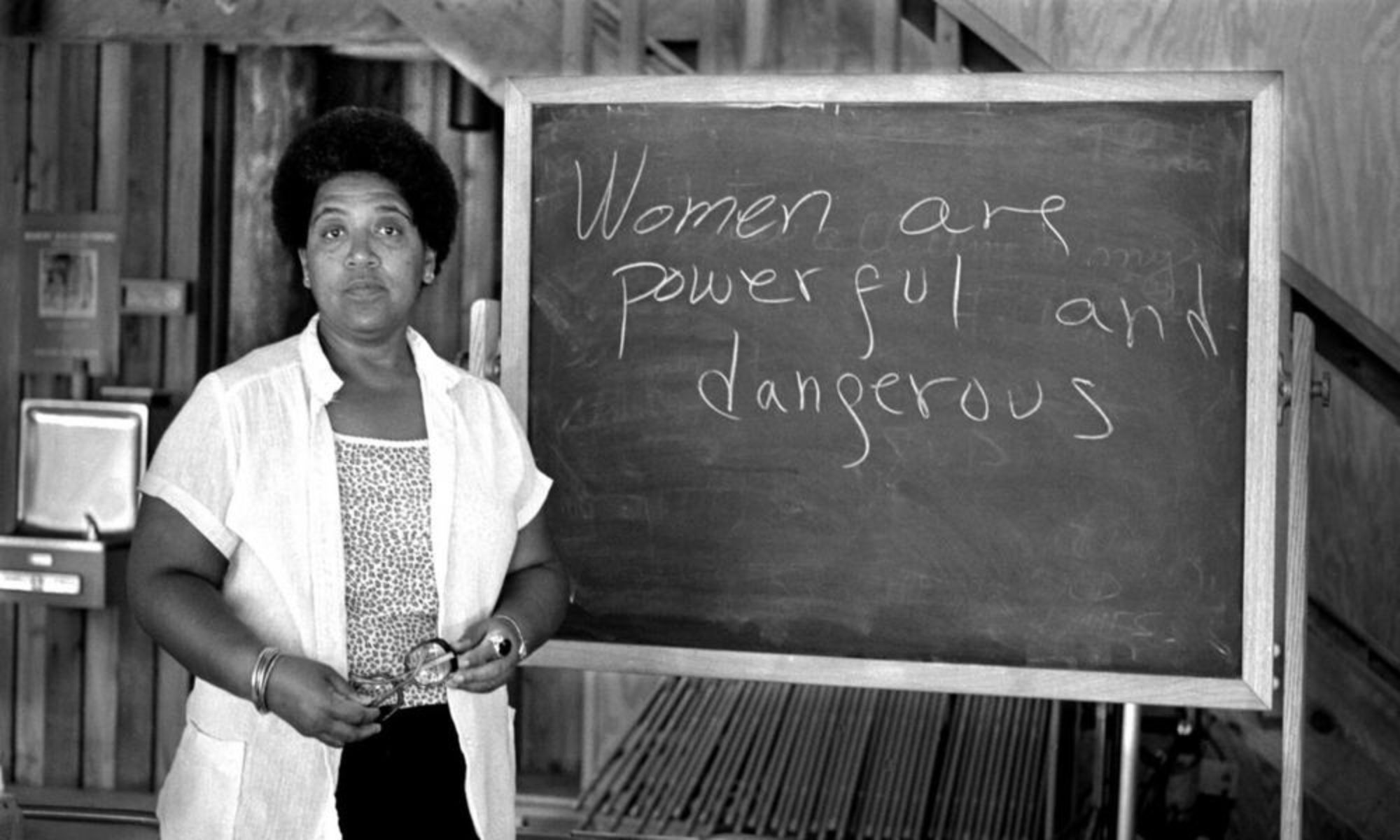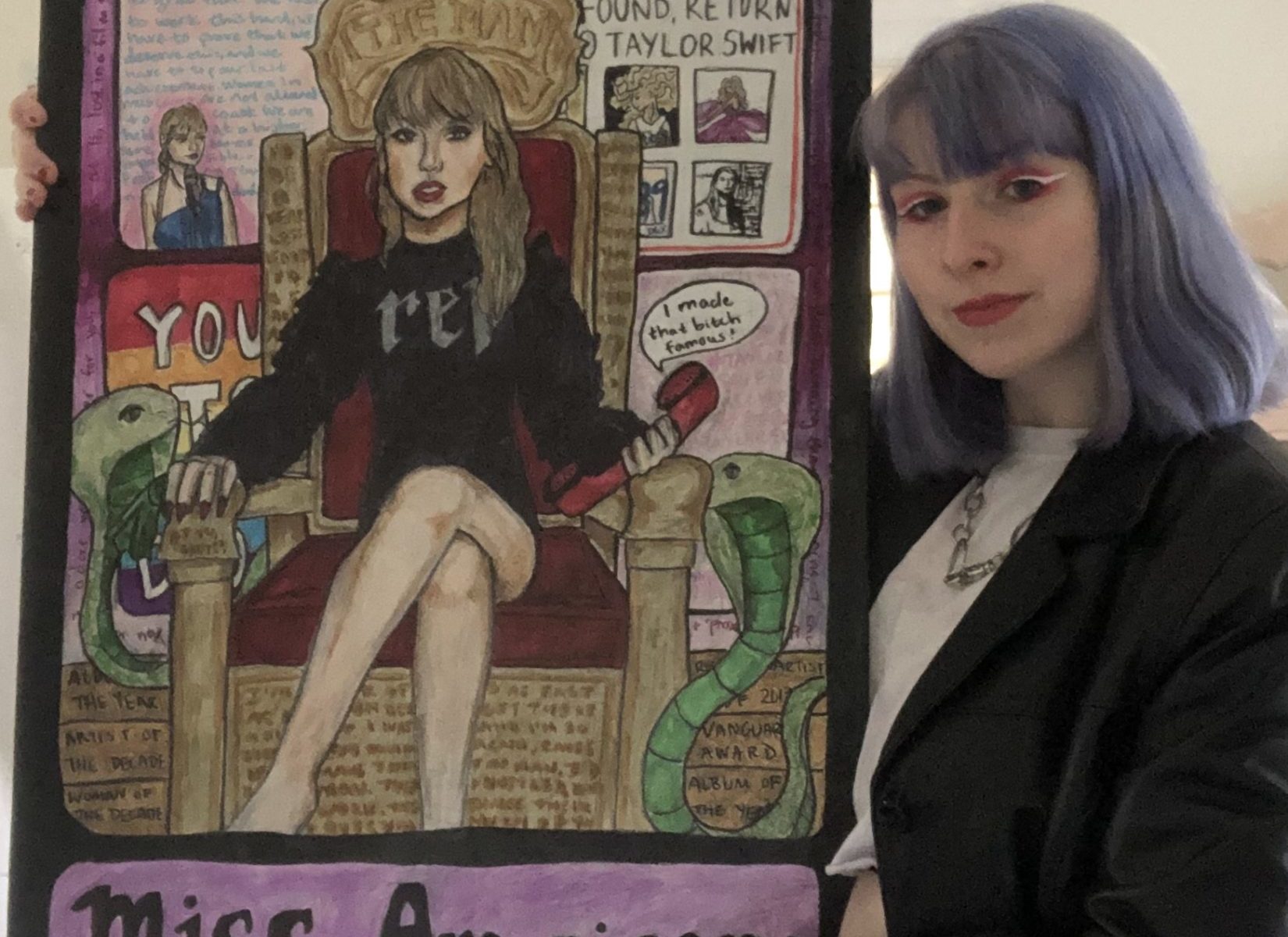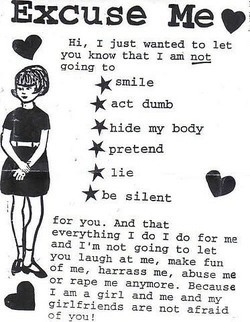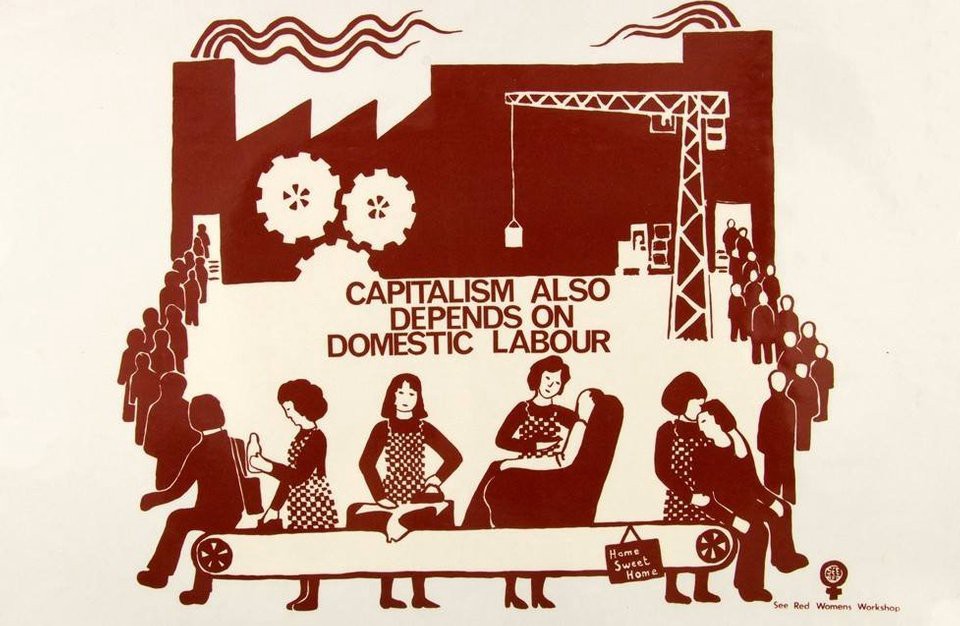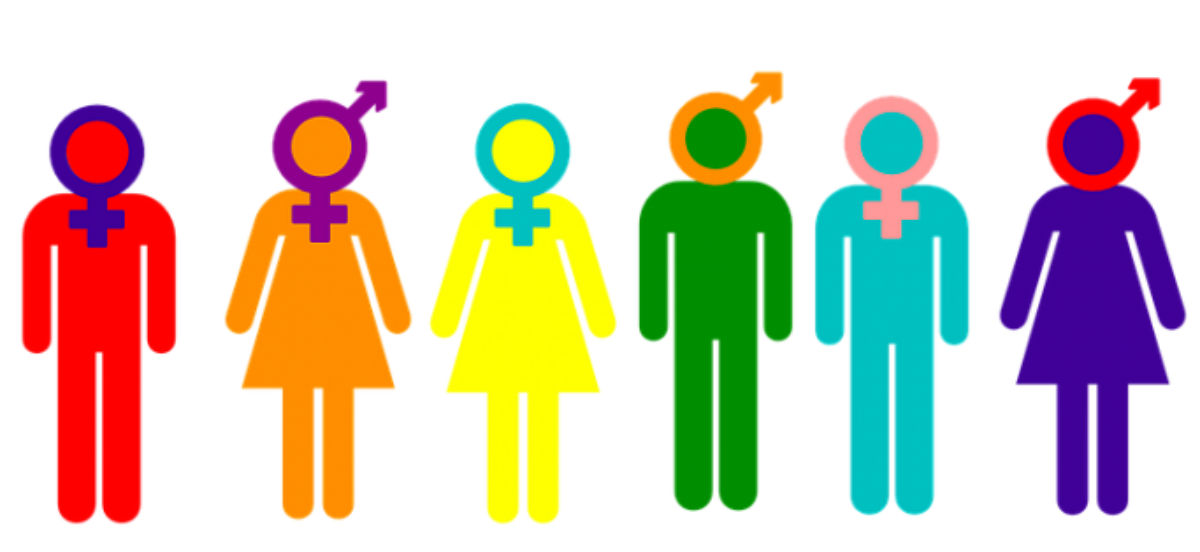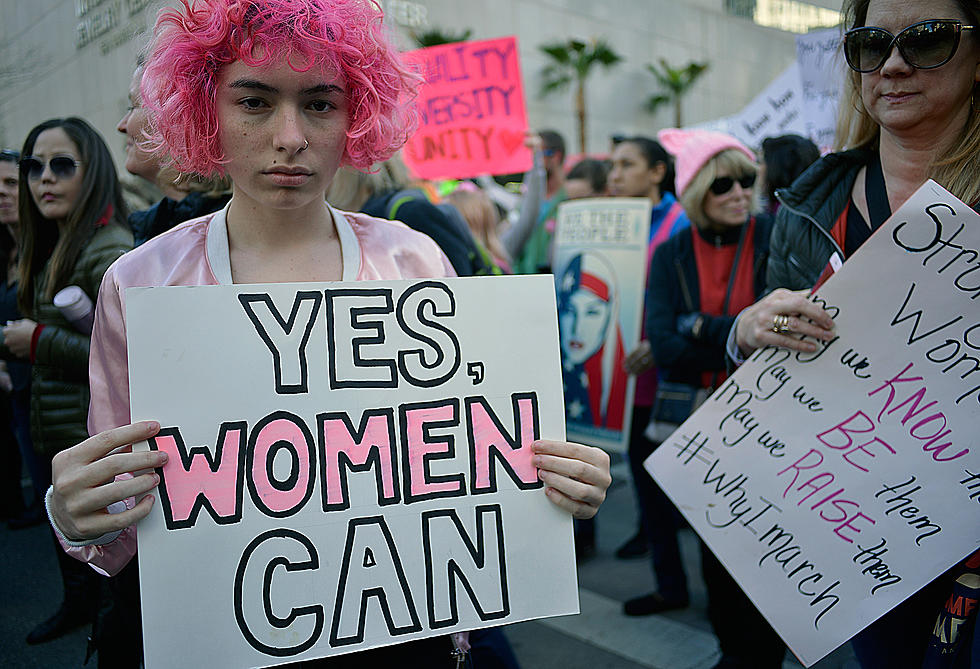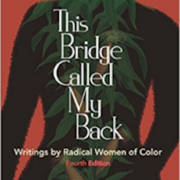I interviewed my dad, who was born in 1958 in Baltimore, Maryland, where he lived until he moved to New York City in the early 1980s. When I asked him to describe what he remembered from this time period, the first thing he mentioned was the Cuban Missile Crisis, during which he would have been only about 5. Despite being so young, he was scared for what would happen and described a “having a dream where my whole family was sitting in the backyard on top of the bomb, like it was a playground thing,” and also described how they kept 2 large trash cans of water in the basement in case of some sort of apocalypse.
My dad’s family was very political, and all his cousins and uncles were either running for office or helping the campaigns. He also mentioned how he remembered the Nixon vs. McGovern election, and that he and his family supported McGovern.
“My grandfather was head of city council around this time in the 70s. And there was a shooting at city hall. Somebody went into city hall and just started shooting people…he wasn’t killed, but I think it really did a number on him,” my dad said. He mentioned that it “was like the only mass shooting we ever heard of. I don’t even remember thinking of it as a mass shooting, I just remember thinking of it as this weird, crazy guy who just went crazy.” There was no fear of it happening again, whereas shootings today are so common that it feels like it could happen to anyone.
In the 70s, my dad described himself as a “wannabe hippie,” while his older sisters and brothers were the real deal. After my Uncle Jimmy graduated high school, my grandfather made him the manager of the restaurant he owned in Ocean City, Maryland and hired all of his friends as workers.
“Because they all had long hair, PopPop made them wear wigs…it was a cultural thing, like he didn’t want people to know his restaurant was being run by hippies. PopPop bought a van for the store…but it was like constantly driving hippies around, you know, doing drugs and stuff….He rented them an apartment. They all lived in this like 2 bedroom apartment, it was like 10, 12 of them.” The year after my uncle managed the store, my grandfather hired actual workers and also my dad, who would have just finished 9th grade. He lived in a slightly bigger apartment with 14 other people, shared a bed with a girl he didn’t know, and they had to put an umbrella above the toilet because the upstairs leaked.
Also in the 70s, he went to one of the last rallies to impeach Nixon.
“We hitchhiked down to DC. We got there; it was like a million other hippie events I ever went to. There were people smoking pot, it was just like a party, you know, and that’s the way I looked at it….it wasn’t as packed as the March for Our Lives…At one point we were on the mall..it was like the crowd as a whole decided…to give into this mass brain that’s really stupid, cause any individual would have any sense not to do this. But we all started going towards the capitol, and we’re gonna go to the capitol, I don’t know what we’re going to do there, we’re just going! We get..pretty close to it and there’s a lot of police on the steps…and of course we couldn’t go any further….so some people started picking up rocks and throwing them. And I was like ‘Oh, I don’t know about this, I didn’t sign up for this,” and then Chris picks one up and throws it and I’m out of here…so he left with me…It was not for me.”
He moved to New York City in the early 80s, to direct a film that his brother’s friend had written. “When I was in New York, I didn’t think about politics at all. It didn’t penetrate that world,” he said. Hearing that was interesting, because although we didn’t discuss the difference of that attitude versus today’s, I feel as though despite feeling the same overwhelming emotions of moving to New York, I can’t afford to be politically ignorant. Although he said that he viewed his stomping grounds of the East Village as being in a musical lull when he arrived, he still experienced the culture in really cool ways.
“I moved to the East Village, 1st and 9th, with Jimmy. The East Village at that time, I would describe it…in a lull but in hindsight it really wasn’t. Musically, maybe it was, because if you go back a few years to the..late 70s, was really the height of CBGB’s and a lot of, just local bands that made really famous….When I got there that had kind of waned. But it was still the leftover from the punk – not all of CBGB’s was not these bands…I remember walking around the East Village and being afraid of the punks too. I couldn’t figure them out….they were like hippies but they had a different uniform.”
He also talked a lot about Pyramid Club, and how big things were happening there that he was unaware of at the time, as well as the people he knew and spent time with that ended up being culturally significant. “I think we tried to go once…but turns out that the people who were doing that…in ‘82. I don’t know if you know who Steve Buscemi is…him and that age New York actors, that was them! There were some things really happening but I either wasn’t aware of it, or I was too young, or I wasn’t plugged in enough yet…Then we knew the Manic Panic girls…I wasn’t close friends with them, but they were friends with my ex-wife…They did a lot of performing in clubs where they would just do these silly tap dance numbers…We played with them a few times. There was a TV Show that was filmed in Secaucus – The Uncle Floyd Show – that went national for one season…I did do some shows with them, but they weren’t anywhere near famous.”
Finally, when asked about the women’s movement, my dad mainly noted how it was portrayed in the media. “Through the lens of television..sitcoms where there were bra-burning jokes, and the liberation, it was just always seen as this funny thing. That was the response to it. There was this big push…I don’t even know when the ERA was first pushed…But there was a time when it got close, I think in the 70s. Just short of a couple states ratifying it….I remember the ERA failing and thinking it was weird, like why would it have failed?…I remember the idea that we thought we had conquered all that, in a very naive way.” He said he saw this in my grandmother, how she would attempt to make decisions for the household and be more assertive, but it was ultimately up to her husband. Even when it came to traditional expectations from men, he mentioned how his father forced him to play sports despite his lack of interest in sports.
Overall, I loved the process of interviewing someone, especially a family member. My parents have never been people to share much of their past with me, so it made me feel closer to my dad and made me see him in a different light. The interview recording is something I can save and look back on when I’m older and my parents aren’t around anymore, so that is quite special. I also really enjoyed hearing about my aunts, uncle, and grandparents, and what they were up to when they were younger. I really enjoyed the topics we covered in the interview as well. I’m really intrigued by these time periods, and it was cool to hear how someone I know was affected by them.
